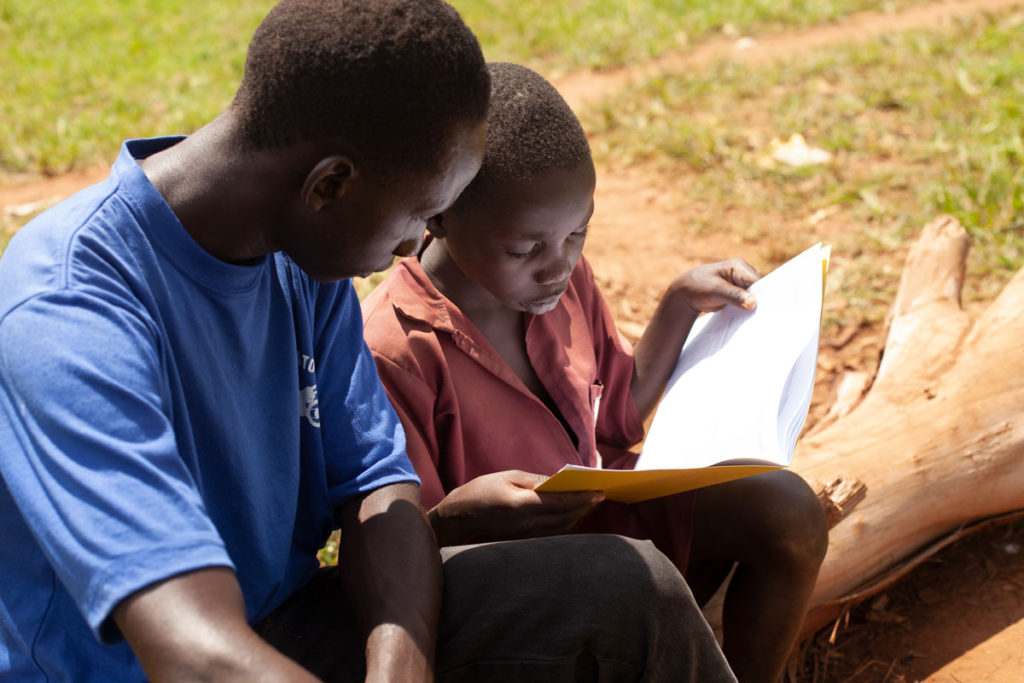Partners and Funders: Mango Tree, University of Illinois Department of Economics, DFID
Description: Between 2010 and 2016 Mango Tree implemented a literacy project in northern Uganda’s Lango sub-region. The project’s ultimate goal was to ensure that primary school children obtained meaningful and relevant reading and writing skills in local languages and English. Starting in 2010, Ichuli co-founder, Victoria Brown, began studying the educational impact of the project by designing a MEL strategy and conducting internal evaluations. The learnings from these studies were used to improve the program and inform the future randomized control trial (RCT) design.
In 2013, the Ichuli team and researchers from the University of Illinois started studying the project’s impact through a Randomized Control Trial impact evaluation. Based on the extremely promising results from the 2013 study, the RCT was scaled up in 2014. By the end of 2016, the RCT had collected information about 23,000 pupils who had received full, partial or no project treatment for three continuous years. It had also collected information about 1,000 teachers who received either one or two years of direct supervision and training between 2013-2016. The results of the study ranked the Mango Tree program among the most effective programs ever studied with an RCT in the developing world. The Ichuli team has presented the results of the study at over 30 conferences worldwide.
Although implementation of the program has ended, the RCT was refunded in 2017 and to date studies the long-term impact of the program on pupils, teachers and the community. Ichuli plans to study the longitudinal impact of the program and use the results to influence education policy about teacher effectiveness and literacy instruction in Uganda and East Africa.

